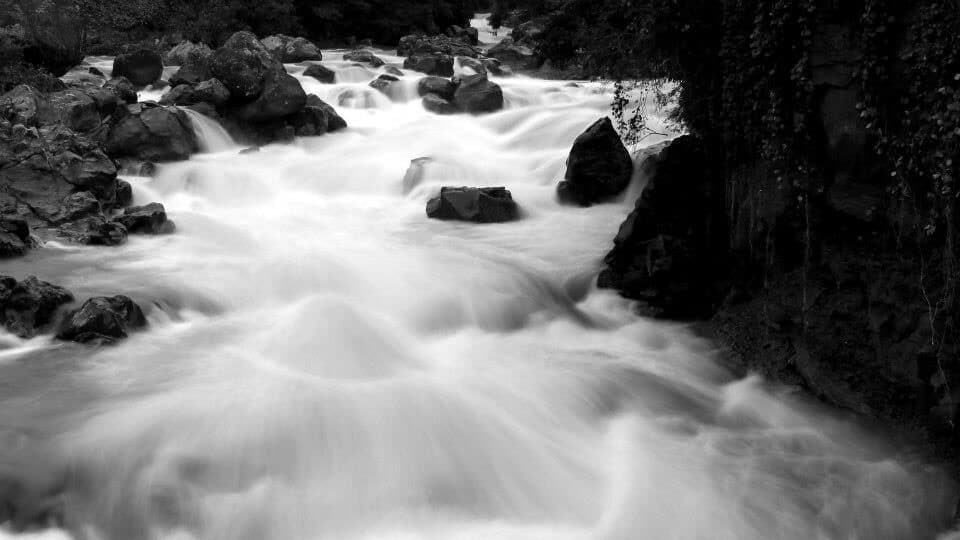“. . . that all the peoples of the earth may know the hand of the LORD, that it is mighty, that you may fear the LORD your God forever.”
—Joshua 4:24
The Israelites’ crossing of the Jordan is overshadowed by the previous generation’s crossing of the Red Sea. The earlier crossing was undoubtedly more spectacular and dramatic, but the crossing the Jordan was momentous in its own right. While both are fordings of significant bodies of water, they are significantly different in several ways.

Another difference between the crossings is that the latter was far more organized and regimented than the former. God gives Joshua and the people strict orders about the priests’ bearing of the ark before the people, and even how far back from it the people must stay as they leave the camp. Twelve men, one from each of the tribes of Israel, were to take a small boulder from the bed of the Jordan and bear it across the river to where they would camp that night in the Promised Land (Joshua 4:1-8). These stones were set up as a memorial of their crossing and of all that God had done for them. Joshua also set up twelve additional memorial stones in the middle of the river where the priests had stood with the ark as the people passed by (Joshua 4:9).
Yet another difference is in their readiness for what lay before them. The forty years in the wilderness had weeded out the weak and rebellious among them. They had been hardened by their experiences and forged into a nation prepared to fight for the land God had given them. Not only did they cross over by tribes, but they had with them “about forty thousand prepared for war” (Joshua 4:13), mostly men from the tribes of Reuben, Gad, and half of the tribe of Manasseh, who had taken lands on the east side of the Jordan and had promised to fight with the rest of Israel until they had gained possession of the land. When their fathers had passed through the Red Sea, they were a slave people, totally unprepared for the journey and the difficulties that they would soon face.
Joshua himself compares the two crossings in contemplating the lesson the people were to take from their experience (Joshua 4:21-23). The same God who dried up the waters of the Red Sea also dried the waters of the Jordan, and He faithfully kept them back until they had all passed into the land. More than just keeping them safe, He did it so that mankind would realize that the God of Israel was almighty. It is futile to oppose Him when He is enacting His will—and it was His will to bring Israel into their possession, the land of Canaan.
However, the most pointed lesson was for the Israelites themselves: “that you may fear the LORD your God forever.” He performed this fantastic miracle in their sight to impress His power and faithfulness on them so that they would carry with them a profound awe and reverence for Him throughout the conquest of the Canaanites, and indeed, throughout their lives. He is a great God who works wonders on behalf of His people, and this we should never forget.

Hey, bro. Thanks for all you do and for these RBV’s!
My pleasure! It is a good exercise for me. Keeps me sharp!